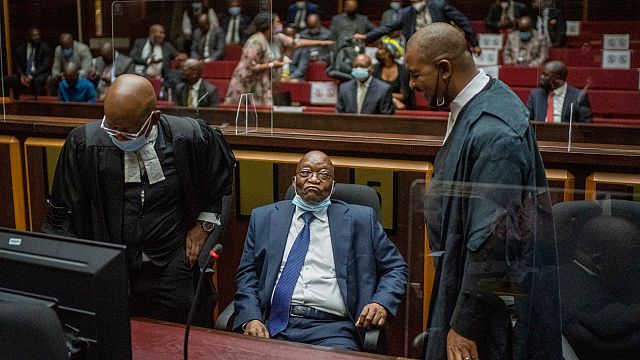Trump Aides Insist That Tariffs Will Remain, Even After Court Ruling


One official said that the president is unlikely to delay his initial 90-day pause on some of his highest rates. President Trump’s top economic advisers stressed on Sunday that they would not be deterred by a recent court decision declaring many of the administration’s tariffs to be illegal, pointing to other authorities the White House could invoke to pressure China and other nations into trade negotiations. They also signaled that Mr. Trump had no plans to extend an original 90-day pause on some of his steepest tariff rates, raising the odds that those duties — the mere announcement of which had roiled markets — could take effect as planned in July. “Rest assured, tariffs are not going away,” Howard Lutnick, the commerce secretary, said during an appearance on “Fox News Sunday.” Asked about the future of the president’s so-called reciprocal tariffs, first announced and quickly suspended in April, Mr. Lutnick added, “I don’t see today that an extension is coming.” The president’s tariff strategy entered uncharted political and legal territory last week after a federal trade court ruled that Mr. Trump had misused an emergency economic powers law in trying to wage a global trade war. The decision would have put a quick halt to those duties, which form the centerpiece of the president’s strategy of pressuring other countries into trade talks. But an appeals court soon granted the government a brief administrative pause to sort out arguments in the case, which is expected to reach the Supreme Court. The administration has said that a ruling against its tariffs would harm negotiations and undercut the president, a point Mr. Trump repeated on Sunday. In a social media post that projected confidence he would ultimately prevail in court, he wrote that any ruling against his tariffs would allow other countries to “hold our Nation hostage” and result in “Economic ruination” for the United States. Top White House officials once promised to strike 90 deals in 90 days, but they have since managed to announce only one framework for a possible deal, with Britain. On Sunday, though, the commerce secretary dismissed the notion that Mr. Trump had suffered a new setback, saying it “cost us a week, maybe.” He said the White House would ultimately reach “first-class deals.” The decision has not slowed down Mr. Trump, who attacked China on Friday for failing to adhere to an agreement brokered between Washington and Beijing in which the two nations lowered their once-withering tariff rates, pending a longer-term deal. The president also announced that day that he would double tariffs applied to imported steel, which would now be set at 50 percent, in a move that could result in higher prices for American consumers. Kevin Hassett, the director of the White House National Economic Council, told ABC’s “This Week” that he expected Mr. Trump and China’s leader, Xi Jinping, could speak about trade as soon as this week, though he later said that a conversation had not been scheduled or finalized. Scott Bessent, the treasury secretary, separately reiterated that talks with China had stalled, citing the fact that Beijing is holding back its exports of rare earth minerals, which are critical for global industrial supply chains. “Maybe it’s a glitch in the Chinese system; maybe it’s intentional,” Mr. Bessent said on CBS’s “Face the Nation.” Mr. Bessent also defended the steel tariffs as a means of protecting American steel jobs. He acknowledged that it was unclear how the new rates could affect the construction industry, which he characterized as a “very complicated ecosystem.”
What's Your Reaction?
 Like
0
Like
0
 Dislike
0
Dislike
0
 Love
0
Love
0
 Funny
0
Funny
0
 Angry
0
Angry
0
 Sad
0
Sad
0
 Wow
0
Wow
0








































